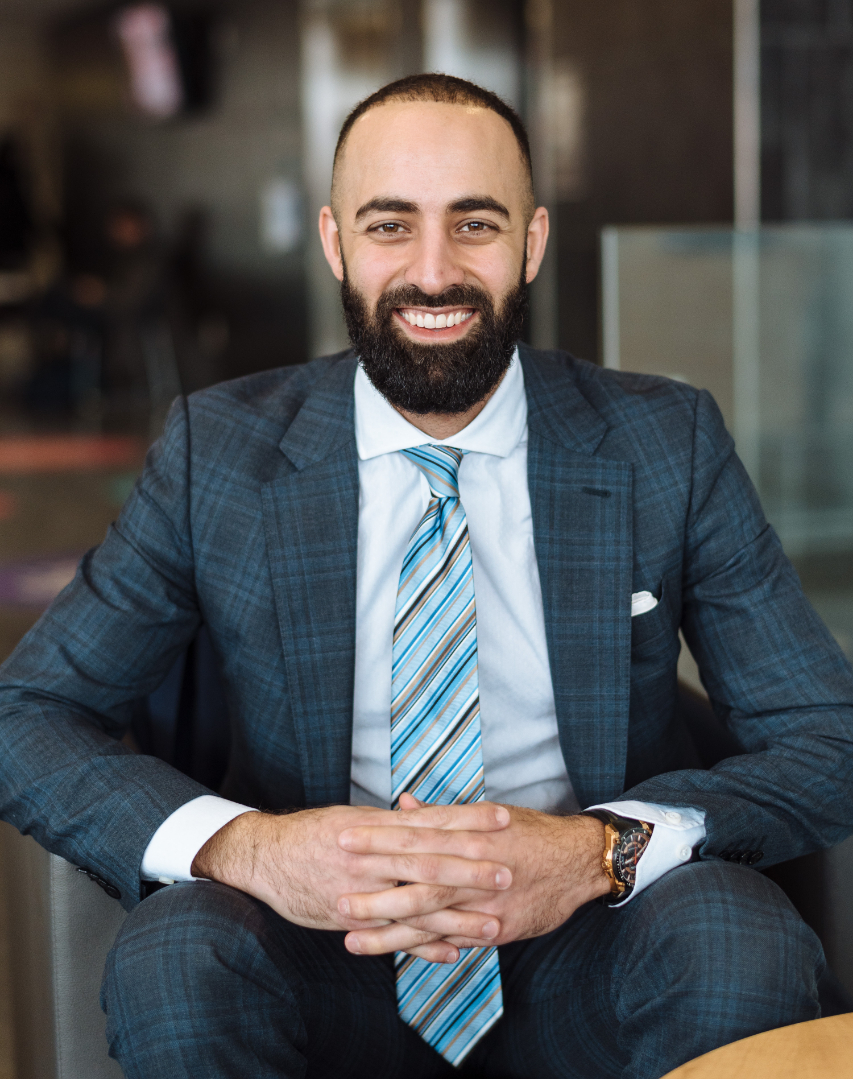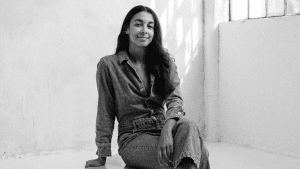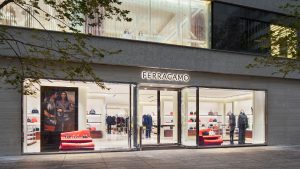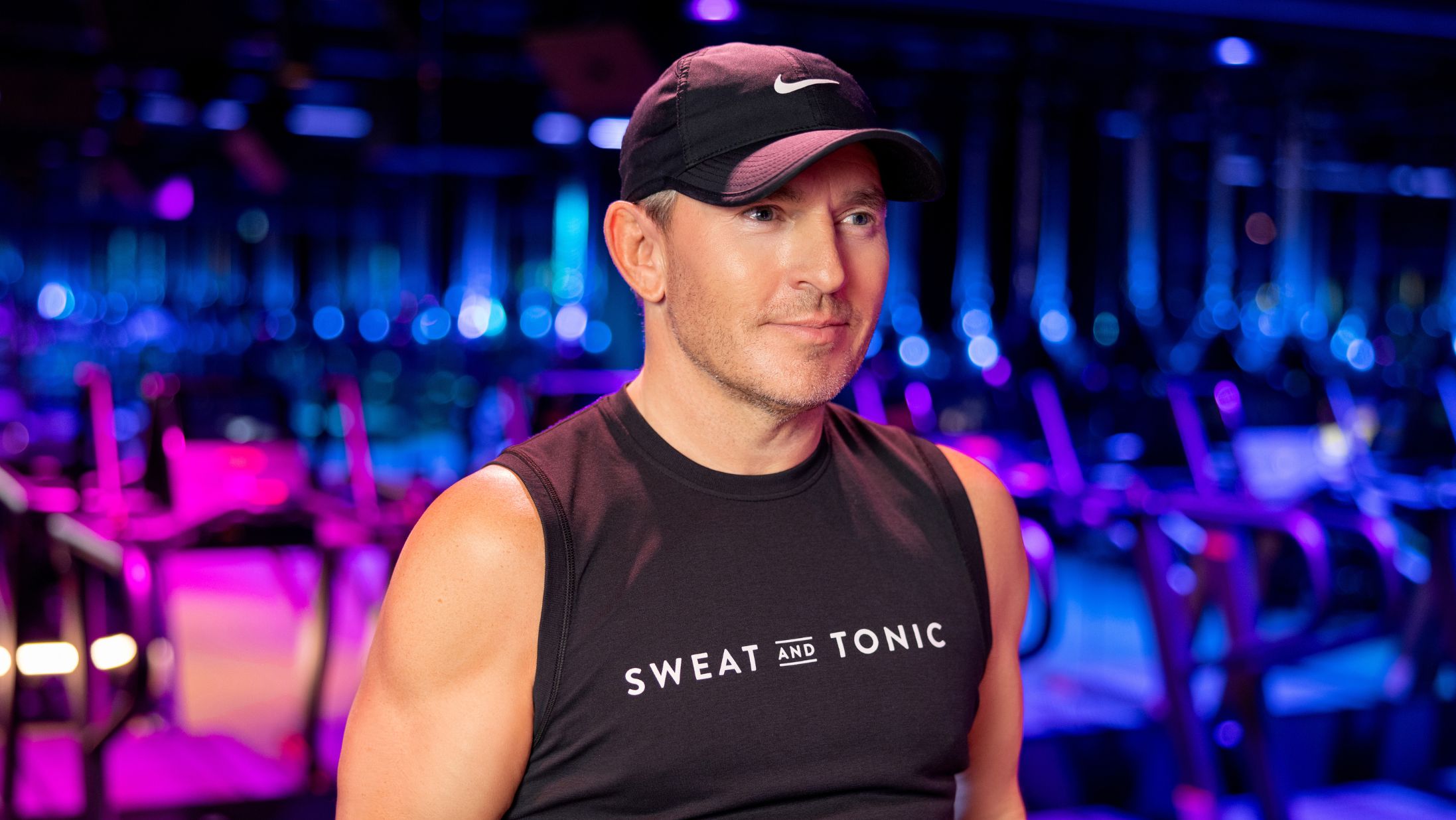[vc_row][vc_column][vc_column_text]
Islamic finance company, Manzil, is helping 1.6 million Canadians grow their wealth by providing Sharia compliant products for the underserved Muslim community.
[/vc_column_text][vc_separator color=”orange”][/vc_column][/vc_row][vc_row][vc_column][vc_column_text]A financial sector that has been growing rapidly, anywhere between 15 to 25 percent every year, Islamic Finance, holds two trillion dollars of buying power. Despite the major market opportunity, Sharia (Islamic law) compliant banking and investment options have only began to surface within the 20th century. Now, Canadian company Manzil, a Sharia compliant finance company, that is working to change this.
“Simply put, it means structuring financial services and products in a different way. Islamic finance products and services are built on sharing the risk equitably among the parties to the transaction, are backed by hard assets, do not employ the charging of interest and do not invest in industries categorized as “sinful” such as alcohol, gambling, pornography, or weapons,” says Sawwaf.
Conflicts between government finance law and Sharia have left Canada’s muslim population of 1.6 million unable to grow wealth and invest ethically. That was until Mohamad Sawwaf founded Manzil, beginning what he calls his ‘life-long journey’ to bring ethically centred banking and investing options to the Canadian finance market.
In 2014, Sawwaf decided to pursue a MBA from Rotman School of Management. It was here that he solidified his passion for Islamic Finance and entered corporate finance. After being poached by a financial technology company in 2017, Sawwaf left corporate finance and met his now Co-Founder, Sam Holako. With a captive market and zero client acquisition cost, Holako encouraged Sawwaf to launch Manzil. At the time only a simple website with a Typeform attached to it, their waitlist steadily increased.
“From there, Manzil was born. We started to source the right partners to help us structure the very first halal mortgage product with a shariah-compliant funding vehicle. This “R&D” [research and development] phase took about 18 months before we could be confident that we had a structure that satisfied all the principles,” said Sawwaf, “We then raised our pre-seed round of $1.15M shortly thereafter and worked towards building the technology, operations, marketing, and client service required to execute.”[/vc_column_text][vc_single_image image=”17271″ img_size=”full”][vc_separator color=”orange”][vc_column_text]Although fully functioning within financial systems in the eastern parts of the world like the United Kingdom and Asia, Canada has lagged behind. Using the United Kingdom as a blueprint, the similarities in Canada’s governing systems could mean easy adaptation to Sharia financial practises. Sawwaf says, despite the populations above average credit and lending patterns there is without reason no financial products within the Canadian banking system that adequately serves their needs. Sawwaf sees this as the largest loss of opportunity within the Canadian banking system today.
“Our internal data suggests that this community has double the national average household income, above average investable assets, down payments ranging from 20%-70%, above average credit scores, and little to no debt on the books since paying interest is impermissible,” said Sawwaf, “We like to call this a “super-prime” credit base and the banks are completely missing out on capturing them especially in a time where credit worthy individuals are hard to find.”
What Manzil offers are fully compliant financial products including mortgages and investment opportunities that are locally structured and available to Muslim Canadian’s who are looking to build wealth and assets. At a time when financial health is at the forefront of Canadian’s minds, Mohamad Sawwaf and his team are ensuring that financial advice and opportunity is ethically available for all.
For the latest instalment in Bay Street Bull’s Entrepreneur of the Week series, we spoke with Sawwaf about the growth of Islamic Finance in Canada and the need for ethical considerations in business.[/vc_column_text][/vc_column][/vc_row][vc_row][vc_column][vc_text_separator title=”Q & A ” color=”orange”][vc_column_text]Manzil combines ethical practices with religious values and beliefs, what does this now provide for the Canadian Muslim community and how is it disrupting the market?
There are currently 1.6M Muslims in Canada and set to double over the next 10 years which makes it not only the fastest-growing demographic but the second-largest religious base after Catholicism. For the first time, Canadian Muslims now have the opportunity to create religiously compliant personal wealth through homeownership and capital markets participation which are both the lowest amongst any demographic group in Canada. This is not because of their balance sheets, it’s due to a complete lack of products.
The notion of “usury” is a principle of all Abrahamic faiths. As first movers in this blue ocean opportunity, the disruptor is not just within Canadian Muslims, but with the general population as our products fulfill the needs of the ethically conscious individual. Our Murabaha mortgage [a cost-plus islamic financing structure where the seller and buyer agree to the cost and markup of an asset in the place of interest, which is illegal in Islamic law], for example, comes with fixed rates of up to 25 years – a first in the Canadian market. The Manzil Mortgage Fund which acts as the funding vehicle for our mortgage program is another first as it is the only investment vehicle that provides shariah-compliant mortgage income backed by Canadian residential mortgages.

With a 20 billion dollar cumulative spending power, at a time when millions are now concerned with the downturn of the economy, how is Manzil making room in the banking market to feed money into banks and the economy?
Many academic studies have shown that Islamically compliant investments are far better than their conventional counterparts because there are hard assets to support their values. In downturns like this, there is less of a worry from Manzil’s perspective because these are clients that are not overextended with credit at all. In fact many of them are liquid because they are a saver community. We have actually seen increased inflows into our halal mortgage fund due to its non-correlated nature and as an alternative lender our adjudication process has not changed because there is no shortage of high quality credit worthy individuals on our $600M waitlist. [/vc_column_text][/vc_column][/vc_row][vc_row][vc_column][vc_column_text]When starting a venture there are so many questions you ask yourself. What did you ask yourself and what do you feel every entrepreneur should ask before starting a business?
I think I’ve been lucky that I’ve been an entrepreneur ever since undergrad and so I had the risk appetite right from the start which is what every entrepreneur should ask themselves. They should also ask whether they would do this for the long term (10 years+) and if they’re willing to face all the obstacles that will come their way and accept the results (positive or negative) of every decision they make?
I think in a startup, you have to be very agile but not to the point where you are constantly changing course. Also, be wary of all the advice you will get along the way because it will distract you and stray you off course. If I listened to all the advice I got over the years about how we should structure Manzil’s products and operate the business, we would not have the business we have today.
Turbulence is a side effect of entrepreneurism, what was your greatest failure and how did you overcome it? What advice would you give others based on this experience?
Not getting into Med-School. I grew up wanting to be a doctor because I wanted to help people not knowing there were other ways I could directly impact lives. When I graduated I had a below average GPA, got a horrible MCAT score and didn’t get an interview at any of the medical schools. At this time I had to find a way to redefine myself and create a new path with a new background and new experiences. Finance was that path. The advice I would give is don’t be afraid of change. In fact, the only constant in life is change and you need to embrace it, otherwise you will become extinct.
How do you define success?
Success for me is linked to the amount of people I can empower and impact. There is a whole community out there that is just waiting on the sidelines and eroding their capital because they can’t deploy it in a manner that is in line with their faith. Imagine if these products were available a generation or two ago? Where would this community’s wealth be now? How much more of an impact could they have made in this society through tax revenue via investment gains, increased employment because they can now own a business without 100 percent equity required. Not to mention the social impact because this community is a charitable one whereby they are religiously required to send 2.5 percent of their wealth annually to charitable causes and initiatives; this is most commonly known as alms giving.[/vc_column_text][vc_single_image image=”17270″ img_size=”full”][vc_separator color=”orange”][/vc_column][/vc_row][vc_row][vc_column][vc_column_text]Mentorship can make or break careers. What mentorship relationships were most beneficial to you and why?
I’ve been very fortunate to have mentors like Dr. Walid Hejazi & David Beatty. When I met with Walid in 2013 he immediately took me under his wing as his Teaching Assistant for the Islamic Finance Course that was offered to the Rotman MBA students which led to me co-lecturing the class. His role as a mentor evolved into a more formal one when he became my Doctoral thesis supervisor.
David Beatty, who is the guru of corporate governance globally not only helped shape my mindset as a leader but was instrumental in my second masters’ thesis which had a corporate governance focus.
What is the best advice you have received in your career? And how has it encouraged you to follow through on your ideas?
This initiative has been attempted many times with no sustainable success and has made the community sceptical and hence this will be a continuous uphill battle and that I will face a lot of backlash from the public – which I already have and continue to experience. I have learned to embrace it and push forward and continually educate and bring awareness to this subject. I’m a natural optimist, open-minded yet stubborn, and have an innate ability to solve problems. Additionally, my competitive nature and inner self awareness have all allowed me to follow through on what I think is the best approach to tackle the problems we face.
Success for me is linked to the amount of people I can empower and impact. There is a whole community out there that is just waiting on the sidelines and eroding their capital because they can’t deploy it in a manner that is in line with their faith.
Manzil is re-examining how millions interact with their finances. As a young entrepreneur reinventing a tried and true system can be incredibly difficult, especially as a person of colour, what advice would you give someone like you who is just starting?
Although my academic and professional background is stronger than most startup founders I am not the prototypical founder that is white, clean-cut, and from Stanford or an Ivy League school. As a visible minority who’s focused on empowering the financial balance sheets of a minority demographic, it has been extremely difficult to convince investors and institutions who are outside of this community that this is a real need with a real opportunity. What has gotten me this far would be attributed mainly to work ethic, quick decision making, and execution. And this would be my advice to someone who is just starting out. The landscape is extremely competitive and the effort required should not be underestimated.
What impact do you hope to make in your field? What do you see being next for Manzil
My long term plan is to create an Islamic Finance industry that runs parallel to the conventional one which spans not only banking but legal, consulting, accounting, and academia. This would also help create Toronto as the North American hub for Islamic Finance.
We want Manzil to be the first Islamic NEO/Challenger Bank of North America focused on empowering this underbanked community by providing them with access to the necessary products needed for the creation of wealth.[/vc_column_text][/vc_column][/vc_row]













